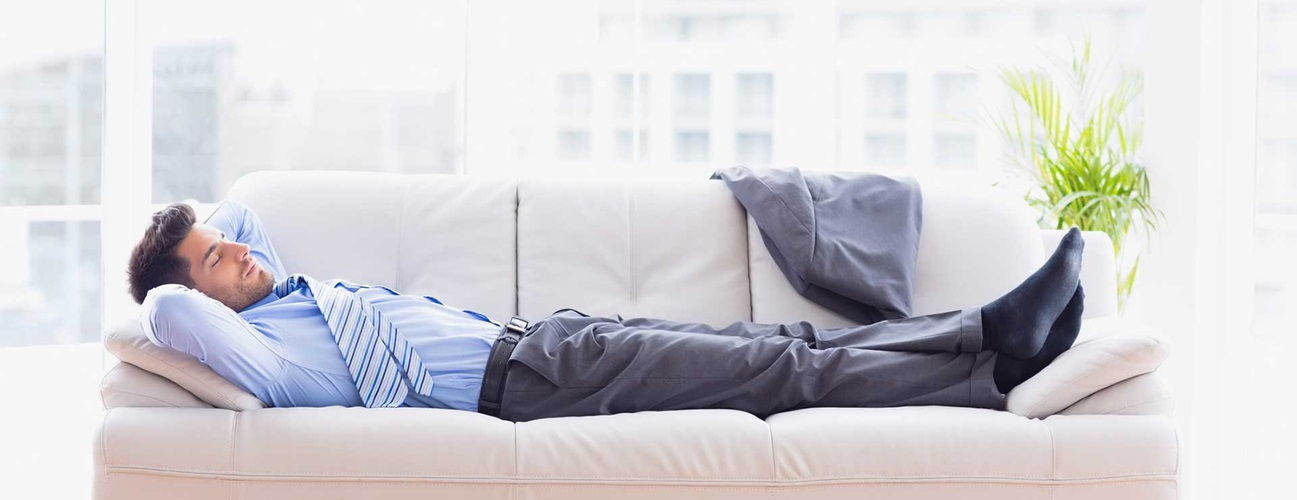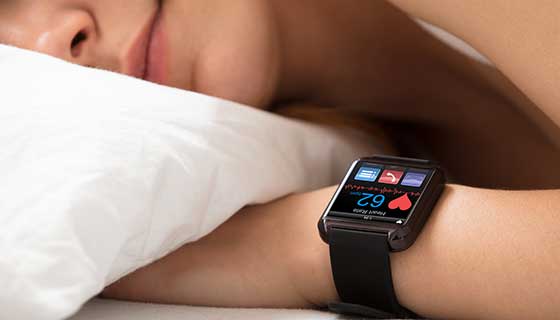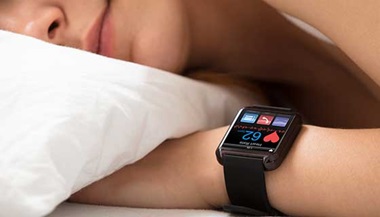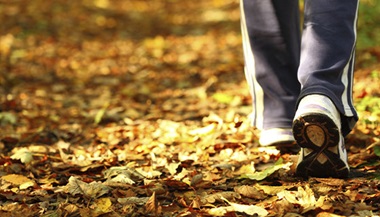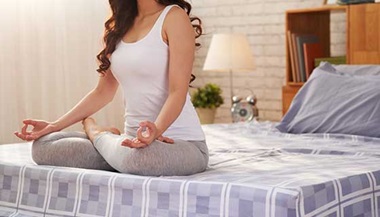How to Sleep Well Despite Changes in Your Schedule
Since many Americans’ sleep habits are already less than ideal, it can be particularly tough to adjust to time changes that affect sleep schedule. The good news: “The human clock can shift about an hour or two per day,” says Johns Hopkins sleep expert Mark Wu, M.D., Ph.D. “So adults should be able to adapt to minor changes fairly quickly.” Bigger jumps—such as shift work and international travel—can have a decidedly bigger impact. Try these strategies to help yourself adjust.

How to Get Better Sleep at Daylight Saving Time
As a sleep-deprived nation, we love when daylight saving time ends in autumn: It gives us the gift of an added hour of sleep. Springing forward is somewhat less welcome—though its effects should be short-lived. Tips that can help when this sleep schedule change comes around:
- Start shifting your clock a week early, and change wakeup time and bedtime by 15 minutes each day.
- Cut off caffeine usage an hour earlier than normal, and avoid alcohol, smoking, and intense exercise after dinner.
- Get up when the alarm goes off, even if you’re tired. Your body will adjust quicker if you stick to the new sleep schedule.
- Seek some morning sunshine to help yourself wake up—it resets your internal clock.
How to Get Better Sleep When Traveling Across Time Zones
As with daylight saving time, traveling across time zones is easier when it means you’ll be getting some extra sleep. Hence the old saying about travel, “West is best.” If you’re traveling east across one or two time zones, use the tips above to adjust your sleep schedule. For bigger leaps, try these suggestions:
- Expose yourself to bright light as close to your “new” morning as possible, but not until it is about two hours before your “old” wakeup time. If you’re traveling east, avoid bright light in the evening.
- Change your eating schedule to that of your destination.
- Be prepared for jet-lag symptoms like excessive daytime sleepiness, nighttime insomnia, headache, appetite and digestive issues, and mood changes. Melatonin and over-the-counter digestive medications and headache remedies may help ease symptoms.
- Be patient: Your body clock typically shifts only one or two hours per day, so it may take five days to adjust if you’re traveling from America to Japan, for instance.
Try It Filter Out Blue Light Before Bed
Whatever your sleep schedule, try to avoid or at least reduce exposure to blue light within three hours of bedtime. Research shows that the blue light emitted by computers, smartphones, TVs and LED lightbulbs can prevent the body from producing the sleep hormone melatonin. One simple intervention is to dim the brightness on these devices. Many electronic devices now offer apps or filters you can use to dim the blue light. Another highly effective way of blocking blue-light exposure at night is putting on a pair of orange-tinted glasses that block blue light. This eyewear can be particularly helpful for night-shift workers who work on their computer or watch TV in the hours before sleep. People who play video games and do work on their computers late at night can also benefit from wearing these glasses.
How to Get Better Sleep with Shift Work
People who permanently work the night shift may be able to flip their sleep schedule completely, but off-days can create problems if social and family obligations cause them to reverse their sleep-wake habits for a day or two per week. Likewise, workers who cycle from one shift to another may feel as though they’re constantly battling jet lag. These tips may help you adjust:
- Expose yourself to bright light during the night to trick your brain into waking up. Blue light such as that from a computer, smartphone or TV is particularly helpful.
- Consume small doses of caffeine throughout your workday. (This may work better than fewer large doses.)
- During the day, sleep in a quiet basement or a room with light-blocking window coverings, and turn off your phone’s ringer.
- Exercise or nap during your work breaks—but not too close to bedtime.
- Go to bed immediately after work, then get up and go about your routine.
Ultimately, says Wu, shift workers should do “whatever is necessary to survive.” Being awake all night is very hard on the body. In fact, researchers are exploring the link between shift work and serious health conditions including diabetes, depression, heart disease, obesity and cancer.
The takeaway: If you don’t have to do shift work, don’t do it—particularly if you have a diagnosed sleep disorder or a serious health condition such as heart disease. One exception, says Wu, are those who have severe delayed sleep phase syndrome. These people, sometimes called night owls, often feel better when working a consistent night shift instead of during the day.

